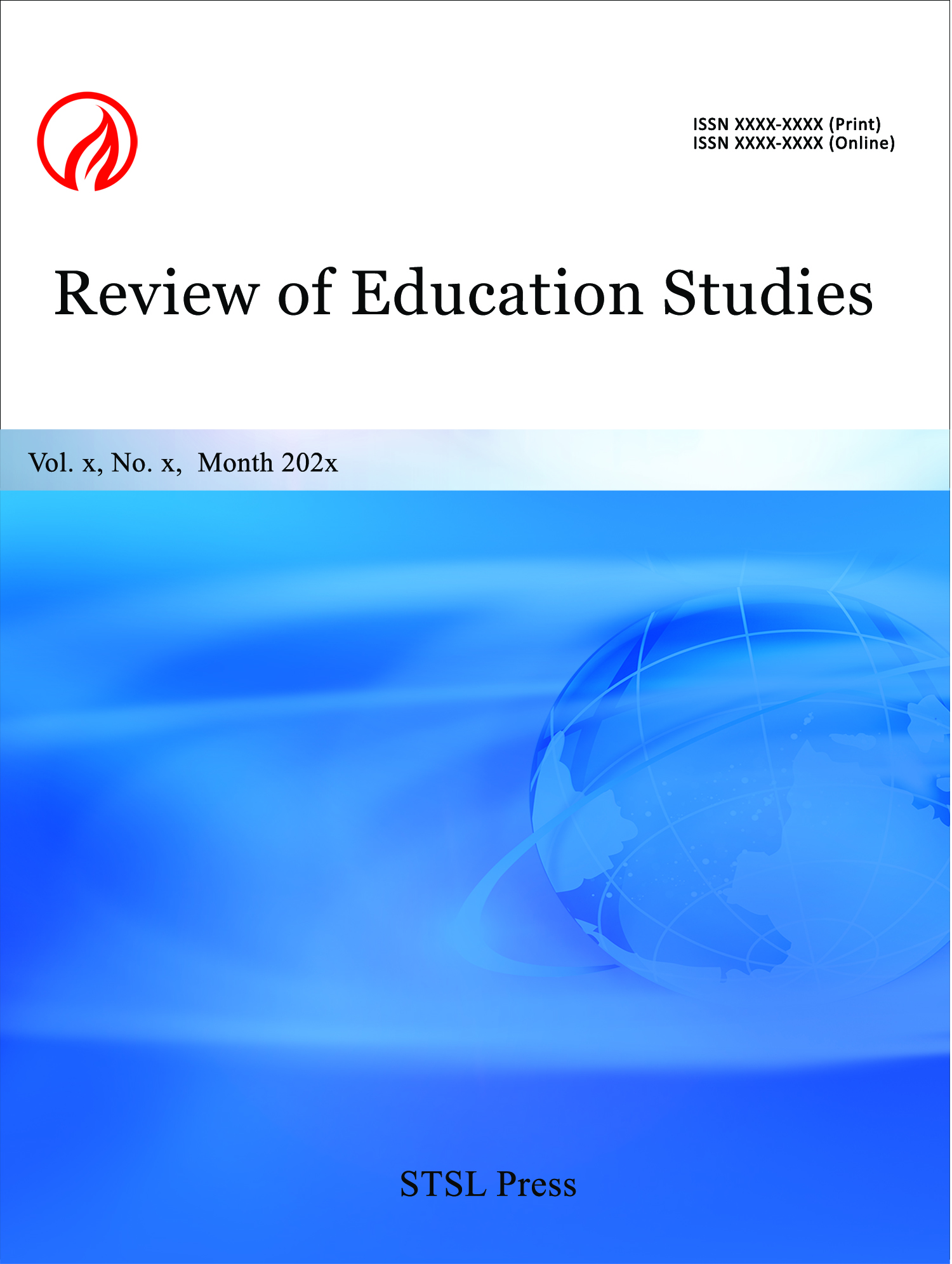Exploring Faculty and Student Perspectives on Generative AI: Implications for Classrooms of the Future
Gunter Saunders
Ester Bonmati
Anna Klemming
Katherine Sev
Doug Specht
Abstract
Generative Artificial Intelligence (GenAI) has the potential to transform the education industry and lead to significant shifts in teaching and learning practices. This study explores the attitudes and usage of GenAI among faculty and students at the University of Westminster through surveys conducted in March and December 2023. The findings indicate a growing familiarity and confidence in using GenAI tools among academic colleagues, with a notable increase from March to December. While students' confidence in using GenAI also increased, their familiarity remained relatively stable. Both colleagues and students recognised the potential of GenAI to enhance teaching and learning experiences, particularly in areas such as personalised learning, adaptive learning, assessment, and feedback. However, concerns about academic integrity, dependence on technology, and ethical considerations persist. Variations in GenAI usage and attitudes across different disciplines suggest that each field's specific needs and contexts influence the integration of these tools. To successfully integrate GenAI into educational practices, strategies such as clear guidelines on ethical use, training for colleagues and students, and the development of GenAI-resistant assessments are crucial. The findings underscore the need for ongoing research and dialogue to fully realise the potential of GenAI in education while addressing the concerns and promoting responsible usage. The paper proposes that by harnessing the power of GenAI, universities can invigorate active learning through blended approaches and engage students in innovative ways, ultimately transforming the educational landscape. In this respect, the changing and more positive attitude towards GenAI observed in this study is an encouraging step forward.
Paper:
pdf
DOI:
https://doi.org/10.71002/res.v4n2p55
 This work is licensed under a
Creative Commons Attribution 4.0 License.
This work is licensed under a
Creative Commons Attribution 4.0 License.
Contact us
- Jennifer Smith
- res@stslpress.org
